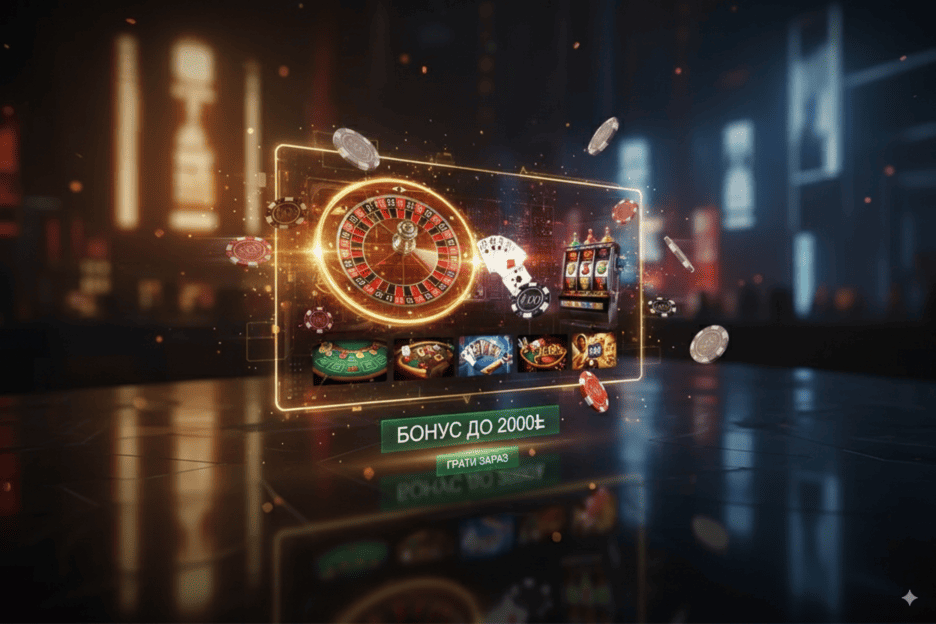The Paradox of the Loss: A Casino Insider’s Deconstruction of Why We Play
The Question That Defies Logic
It is, on the surface, a patently absurd question: “Do gamblers enjoy losing?” The immediate, logical answer is, of course, “no.” Nobody enjoys watching their money disappear. And yet, as someone who has spent over a decade on the strategic and analytical side of the casino industry, I can tell you that the relationship between a player and the act of losing is one of the most complex, nuanced, and psychologically fascinating aspects of our entire business. The latest downtown Las Vegas casino news might trumpet a massive jackpot win, but the silent, uncelebrated reality is that the vast majority of wagers result in a loss. And still, people play. They return, they engage, they find profound value and entertainment in an activity where losing is a statistical certainty over the long term.
To dismiss this as simple irrationality is to miss the point entirely. It’s a failure to understand the deep, powerful, and often counter-intuitive neurochemical processes that define the gambling experience. I am not here today to argue that players are masochists who derive pleasure from financial pain. I am here to take you on a deep dive into the gambler’s brain, to deconstruct the paradox of the loss, and to explore the idea that for many, the loss itself is not the antithesis of the experience, but an integral, and even necessary, part of it.
